Entry Type: Person
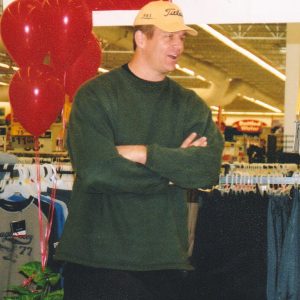 Joe Kleine
Joe Kleine
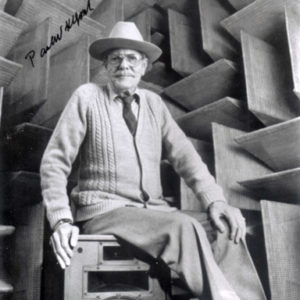 Paul Klipsch
Paul Klipsch
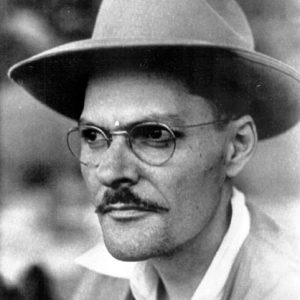 Paul Klipsch
Paul Klipsch
Klipsch, Paul Wilbur
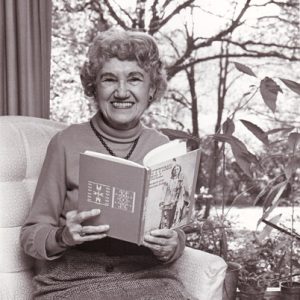 Faith Yingling Knoop
Faith Yingling Knoop
Knoop, Faith Yingling
Knox, Robert C.
Kochel, Guy Ward, Jr.
Kochiyama, Yuri
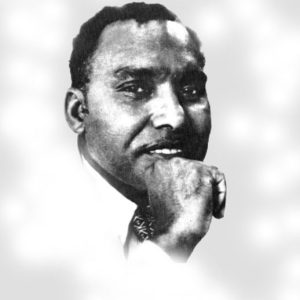 Samuel Kountz
Samuel Kountz
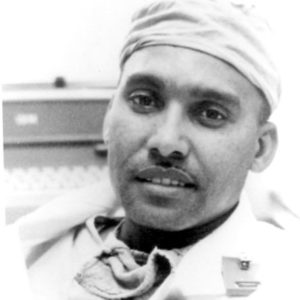 Sam Kountz
Sam Kountz
Kountz, Samuel Lee, Jr.
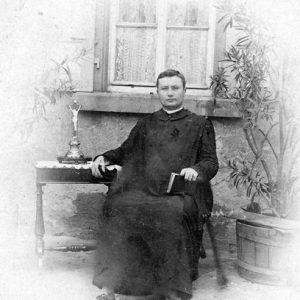 Fintan Kraemer
Fintan Kraemer
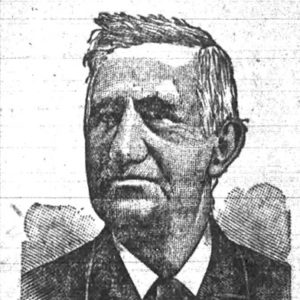 Frederick Kramer
Frederick Kramer
Kramer, Frederick
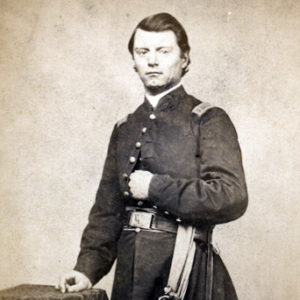 William Kretsinger
William Kretsinger
Krieger, Heinrich
Kumpe, Roy Franklin
Kumpuris, Michael Nicholas (Mike), Jr.
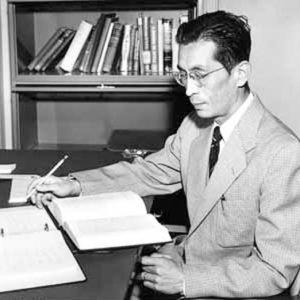 Paul Kuroda
Paul Kuroda
Kuroda, Paul Kazuo
Kurosaki, Ryan
 Ryan Kurosaki
Ryan Kurosaki
La Harpe, Jean-Baptiste Bénard de
La Salle, René-Robert Cavelier, Sieur de
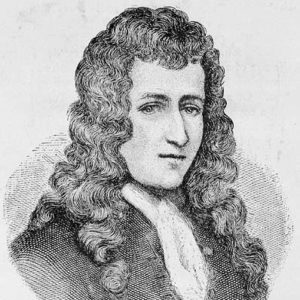 René-Robert Cavelier, Sieur de La Salle
René-Robert Cavelier, Sieur de La Salle
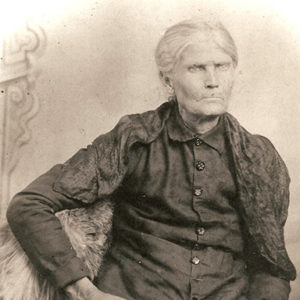 Volumnia LaBass
Volumnia LaBass
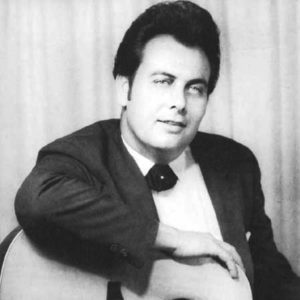 Sleepy LaBeef
Sleepy LaBeef
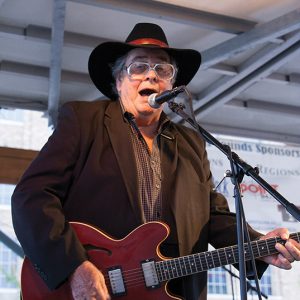 Sleepy LaBeef
Sleepy LaBeef
LaBeef, Sleepy
aka: Thomas Paulsley LaBeff
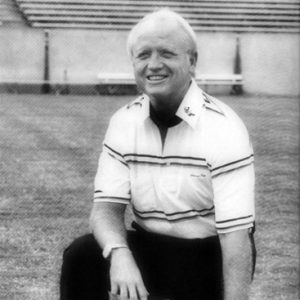 Larry Lacewell
Larry Lacewell
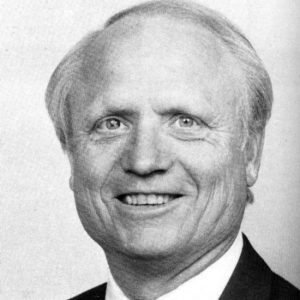 Larry Lacewell
Larry Lacewell
Lacewell, Larry Wayne
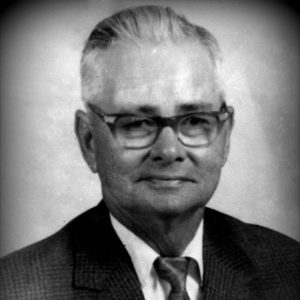 Bob LaCoste
Bob LaCoste
Lacy, Thomas J.
Ladd, Alan
aka: Alan Walbridge Ladd Jr.
 Ladder for ALI
Ladder for ALI
Lafferty, John
Lake, Paul
Laman, William Fewell “Casey”
Lamb, Theodore Lafayette
Lambert, Joseph Calvin (Joe)
Lambert, Mary Martha
Lampkin, Sheilla Joyce Ezelle
Lancaster, Bob
Landers, Steve
 Steve Landers
Steve Landers
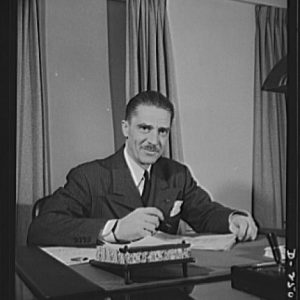 Reed Gresham Landis
Reed Gresham Landis
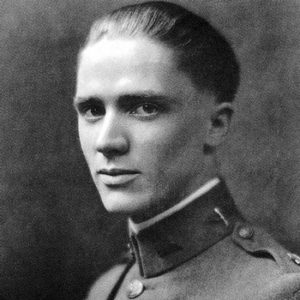 Reed Gresham Landis
Reed Gresham Landis




